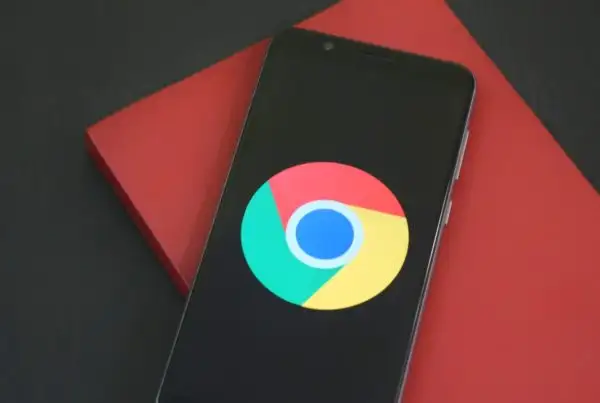European Union legislators will launch an in-depth investigation into the proposed acquisition of online display advertising company DoubleClick by the search giant, Google. They have concerns that the merger could result in Google unfairly monopolising the online advertising industry and thwarting competition.
The EU Commission has set itself a 140-day deadline. The investigation should be completed by 2 April 2008. This is the first major setback Google has ever faced in its nine year history. This news will likely keep Google’s stock below the $700 mark it had crossed last week.
Eric Schmidt, CEO of Google, said in a statement, “We are obviously disappointed.” Assuring investors and the press that the company would work with the commission, he added, “We seek to avoid further delays that might put us at a disadvantage in competing fully against Microsoft, Yahoo, AOL and others whose acquisitions in the highly competitive online advertising market have already been approved.”
If EU regulators rule against Google, it could influence the US Federal Trade Commission’s ruling as well. Either way, this delay could actually damage Google’s chances of competing with Microsoft and Yahoo! in the online display advertising market.
Microsoft officially entered the market in May with the aQuantive, a month after Google bought DoubleClick. Microsoft’s acquisition passed regulatory approval in August whereas the Google-DoubleClick deal ran into trouble, first inviting scrutiny from the FTC and then the EU Commission.
Similarly, Yahoo! acquired Right Media and Blue Lithium to keep up with Google and Microsoft. Their deals have also managed to avoid scrutiny. This isn’t surprising, though, considering Google controls more than 80% of the paid search advertising market, whereas both Yahoo! and Microsoft have less than 10% market share in Europe.
While Google wades through legal loopholes, Microsoft could potentially build up a strong offering and establish a lead that could make things difficult for Google / DoubleClick in the future. Whether they can actually pull it off and make good use of the time “gifted” to them by the EU Commission remains to be seen.






